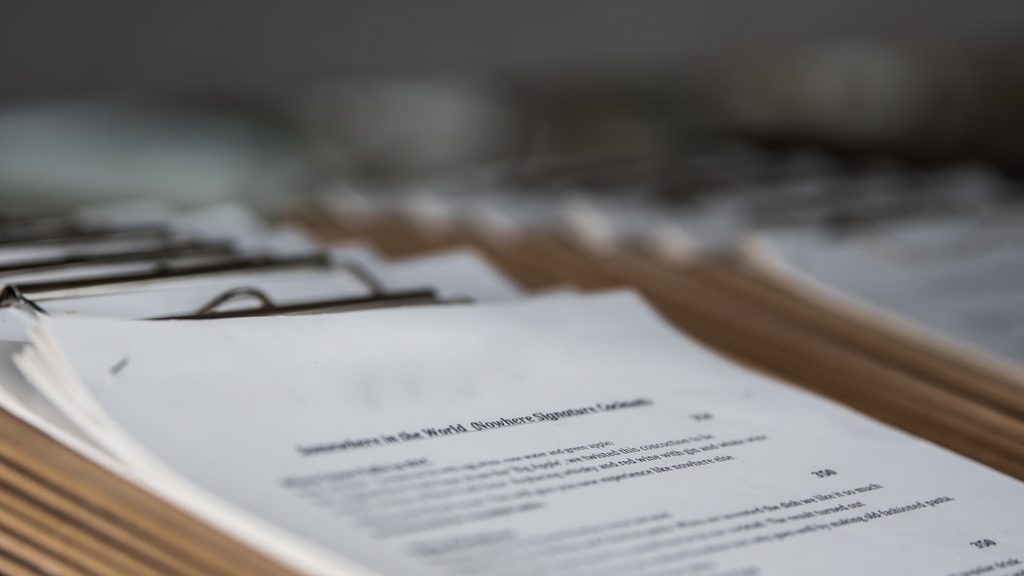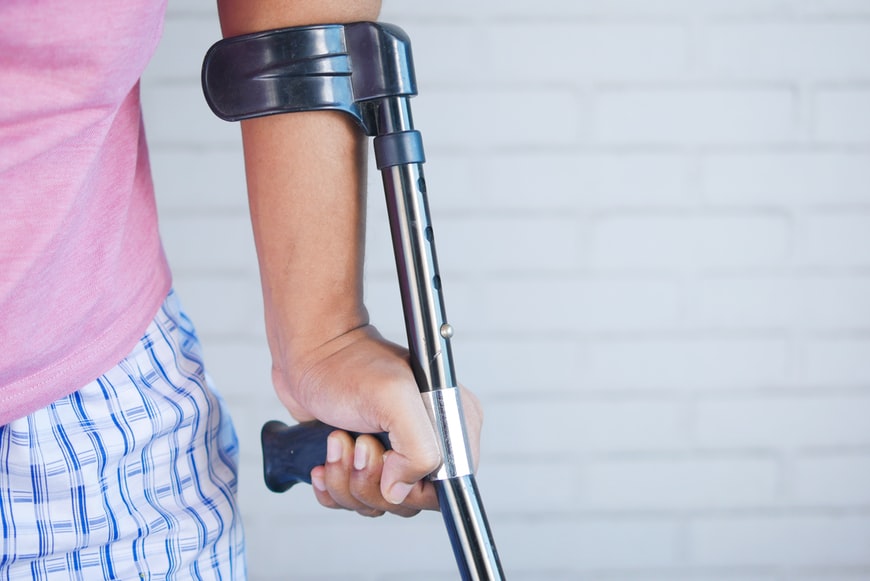Personal Injury Case Timeline
If you drive down any highway in the U.S.A., you will notice multiple ads for personal injury attorneys. You would think that personal injury lawsuits were quite common. However, most personal injury cases are settled out of court. Personal injury attorneys will normally negotiate with insurance companies and work out settlements. However, a lawsuit may be filed when they cannot work out a settlement.
If you have been injured in an accident due to another person’s negligence, you may think about using them, but there are a few things you should know first.
Contents
Time Limits
The statute of limitations is the amount of time a person has to file a lawsuit. In the state of Georgia, there is a two-year statute of limitations on personal injury lawsuits. The clock starts ticking as soon as the accident happens. But, there are a few steps you should take to help your case no matter how it ends up getting resolved.
1. Document Your Accident

There are two types of insurance laws in America: fault and no-fault. In a no-fault state, a person’s insurance will pay for their injuries and damages to their car no matter who caused the accident. In a fault state, the person who is responsible for the accident is also responsible for paying its associated bills. Georgia is one of the fault states.
If you were injured because of the negligence of another person, it is important you be able to prove it to an insurance adjuster or a judge. When you have an accident, you should call the police and wait for them to arrive.
You should take pictures of the damage to each vehicle and the accident scene in general if you can and get the names and contact information of any witnesses. You should also get the name and insurance information of the other driver. Be sure to get a copy of the police report written by the police officer at the scene.
If an ambulance shows up, let the paramedics treat you and go to the hospital if they tell you to. Save every medical bill that you get, including those for alternative treatments. Save all the receipts for any medications that you take and the bills for household help.
You should also get a letter from your employer stating the number of hours and amount of income you have lost due to your accident.
2. File an Insurance Claim
Before you file a lawsuit, you should file an insurance claim. You should call your insurance company, and they will contact the at-fault party’s insurance company on your behalf. You will be asked to provide documentation of your accident.
They will review your documentation, investigate the case, and tell you if your claim has been accepted or denied. If they accept your case, they will offer you a settlement amount. You should never accept an offer before speaking to an attorney.
Related Resources: Can I Claim Personal Injury Compensation?
3. Consult with an Attorney

An attorney can tell you if an insurance companies settlement offer is reasonable. If it is not, they can negotiate with the insurance company on your behalf. At this stage, the two parties will normally reach a settlement agreement, but if they are unable to do so, your attorney will advise you whether or not you should move forward with legal action.
4. A Letter of Demand
Before filing an actual lawsuit, your attorney will send a demand letter to the insurance company. The case will then be reviewed by the attorneys at the insurance company. Your attorney and their attorney will then attempt to negotiate a settlement. If they are unable to negotiate a settlement, a lawsuit will be filed.
5. Filing a Lawsuit

Your attorney will file the paperwork for a lawsuit. The court in which you file a lawsuit will depend on the amount of money you seek. If the lawsuit is for under $15,000, you will file in magistrate court, but if you are suing for more, you may file in superior or county court.
Your attorney will hire a summons server to serve the insurance company with paperwork. Once they get the summons, the attorney for the insurance company will again attempt to come to a settlement agreement. If they cannot reach a settlement agreement, they will go to court.
Related Resources: Road To Recovery: 8 Tips For A Healthier You After Illness Or Injury
6. Discovery
You may have seen courtroom dramas in which a lawyer will surprise everyone with shocking evidence that wins the case. This cannot happen in real life because lawyers are required to share information.
Your attorney and the insurance company’s attorney will be able to see one another’s witness list. Each one of them can demand to see the other’s evidence.
In the discovery phase, the attorneys will research the case. They will have depositions in which they will interview witnesses. A witness in a deposition will be under oath just as they would be in a courtroom.
7. Mediation

Before you go to court, the lawyers will meet one last time and try to work out a settlement. Their meeting will be led by a court-appointed mediator who is a neutral third party. If they still cannot work anything out, the case will go to trial.
8. Trial
Before a case goes to court, an attorney will often have several mock trials to strengthen their argument. A trial date will be set, and a judge will be assigned. Your case might be heard by a judge alone or by a jury.
They will listen to both sides of the argument and then decide on a verdict. If they decide in your favor, they will also decide how much money you should get.
Lawsuits take a long time and can be expensive. Even though most personal injury attorneys work on a contingency basis, there are costs for court filings and paperwork. A good attorney should be able to negotiate a deal for you without you ever having to go to court.
You can read here for more information.
Read Also:
- Can You Sue A Dentist For Medical Malpractice?
- In the Midst of an Emergency: Taking Care of a Serious Personal Injury



